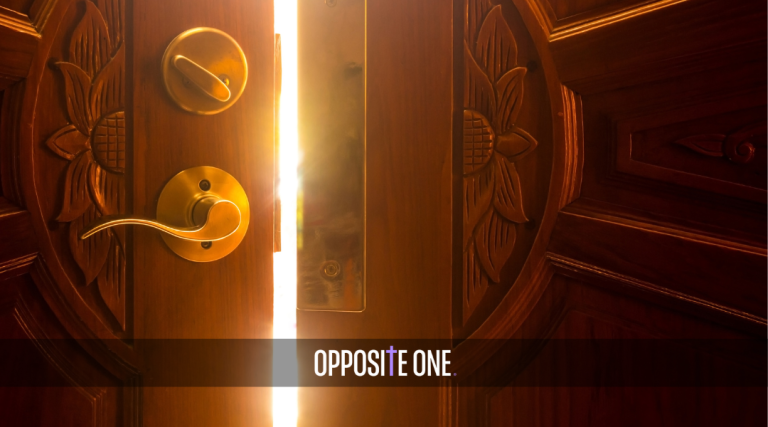In our modern world, society places great importance on numbers. One of the most significant metrics many of us are judged by is the credit score—a numerical representation of financial reliability. It determines whether we can buy a home, lease a car, or even qualify for a job. But what if we shifted our focus from this financial measure to something more reflective of our character and integrity? Imagine if our actions, words, and trustworthiness were scored instead. This concept, which we could call a “Trust Score,” might be a far better indicator of our true worth as individuals.
The Concept of a Trust Score
A Trust Score, like a credit score or an online review, would increase when we act honorably and ethically and decrease when we betray trust or act dishonestly. It would be a measure not of how well we manage our money, but of how well we manage our relationships, responsibilities, and promises. While this idea is not necessarily spiritual, it touches on a fundamental principle of being a good person: doing what is right, even when it’s not easy.
The Worldly Perspective
From a worldly standpoint, focusing on a Trust Score over a credit score might seem idealistic. After all, the current system of financial credit is clear and measurable. It gives lenders a way to assess risk and make decisions. But what it doesn’t measure is the heart of the person behind the numbers. It doesn’t show whether someone is compassionate, reliable, or selfless. It only shows if they’ve paid their bills on time.
This worldly focus on financial success often leads us astray. We become more concerned with accumulating wealth and maintaining appearances than with cultivating the deeper values that truly enrich our lives and the lives of those around us.
The Opposite One Perspective
Jesus’ teachings often run counter to worldly values. Where the world says, “Build your wealth,” Jesus says, “Sell your possessions and give to the poor” (Matthew 19:21). Where the world values reputation and success, Jesus values humility and service. If we apply the Opposite One perspective to the idea of a Trust Score, we see something transformative.
In the Kingdom of God, our value is not determined by credit scores or even our good deeds alone, but by the condition of our hearts and our relationship with God and others. Trustworthiness in the eyes of Christ is about more than just doing good; it’s about being in right relationship with Him and reflecting His love in everything we do.
Jesus demonstrated this through His own life. He kept His promises, forgave even when it was undeserved, and showed unwavering compassion to those society had cast aside. If we strive to live in His way, our “Trust Score” would be less about our flawless record and more about our willingness to forgive, to serve, and to love without expecting anything in return.
Applying the Concept to Our Lives
Imagine if we all strove to increase our Trust Scores in the way Jesus would want. This wouldn’t just mean avoiding dishonesty or keeping our word—although those are important. It would mean going the extra mile to show kindness, offering help when it’s inconvenient, and choosing love over judgment. It would mean putting others before ourselves, not for recognition or reward, but because it’s what Christ has called us to do.
This shift in focus would radically change our communities. Relationships would deepen, families would be stronger, and our workplaces and schools would be more supportive and uplifting environments. A Trust Score based on Christ’s teachings would lead us to see each person not as a competitor or a means to an end, but as a beloved child of God, worthy of respect and kindness.
Conclusion: The True Measure of Our Worth
A Trust Score, in the light of Jesus’ teachings, isn’t about earning points or proving our worth. It’s about living in a way that reflects the love and grace of God. While the world may judge us by our credit scores and achievements, the true measure of our lives is found in how well we love and serve others, just as Christ loved and served us.
Let’s strive to build not just good credit, but a life of trust and integrity that shines brightly in a world that often values the opposite. After all, the treasures we build in heaven, where neither moth nor rust destroy, and where thieves do not break in and steal (Matthew 6:20), are the only treasures that truly last.







